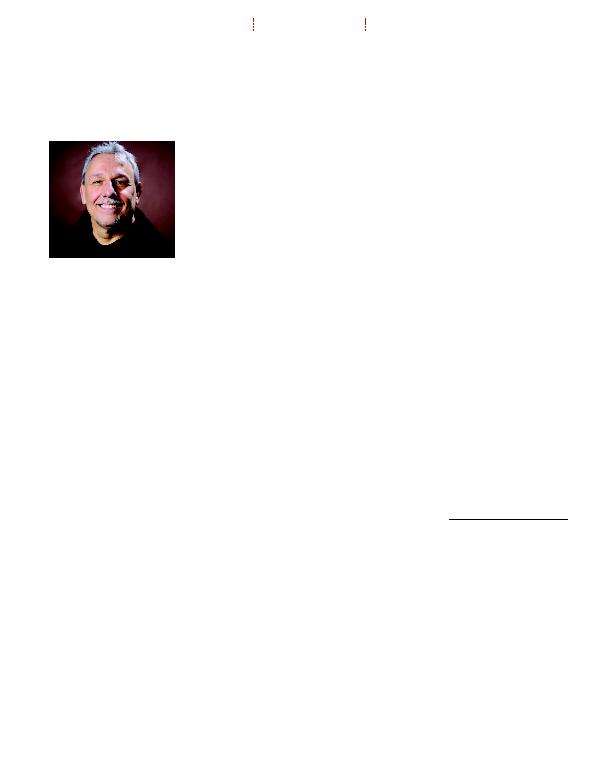
and the beauty of creation. We enter the
strategic planning process with an ultimate trust
and belief in the potential for positive change and
good outcomes. We have an energy and passion
to unleash grace, creativity and ingenuity in one
another to build up the world and provide for the
needs of all men and women. Franciscans don't
do well with those who doom every project to
failure. We are optimistic.
men and women and, indeed, of all creation.
Therefore, we highlight collaboration and cooper-
ation. We are inclusive. We believe in big, wide-
open tents where every voice is heard and
listened to. Our strategic planning can't be top-
down and a ruse for individual power-grabbing
and self-interested politics. We believe in the
common good and in everyone coming to the
table of discernment and decision-making.
-- "all were created through Him; all were
created for Him; He is before all else that is."
Theologically speaking, Franciscans are pro-
foundly Christo-centric and we meditate on Jesus
as the Logos, or Word of God. We believe that
Jesus is the pattern and design for the truth,
beauty and goodness we see in the world. We
love a beautiful design. This conviction translates
into a positive, can-do spirit. We can make things
better. We can make things well. We are con-
vinced that plans don't have to end up on the ash
heap of history. Belief in Jesus as the Art of God
gives us a temperament for attempting great
things.
perfect. At the end of his life, St. Francis said to
the brothers -- "Let's start over, for up until now,
we have done little." St. Francis loved change. He
was the master of surprise and innovation. Fran-
ciscans, therefore, feel at home with a "culture of
planning" that inculcates an attitude of creativity,
ingenuity and progress throughout an institution.
charism of the Franciscan tradition
of the Center for Public
Leadership at Harvard wrote
ing to view the challenges that we
face in business and education
today as just another rough patch
to get through before we come
back to "normal" again.
stakes and uncertainty will con-
tinue as the norm," as we face
global competition, political insta-
bility, demographic changes, en-
ergy constraints and a whole host
of serious and unfamiliar chal-
lenges. Leaders face a permanent
crisis of technical and transforma-
tional challenges.
I have helped hundreds of profit
and not-for-profit institutions come
to grips with their experience of ur-
gency, high stakes and uncertainty.
(a) a profound commitment to
one's founding mission; (b) a realis-
tic vision of where the group wants
to get to and (c) a passion to risk
for the greater common good.
wants to plan.
monasteries.
and commerce of ordinary life.
They worked hard building the
colleges, universities, hospitals,
shelters, buildings and bridges
that cities needed. They were
not afraid to address them-
selves to what the marketplace
required.
ductive. Their planning was
holistic, always integrating
body, mind and spirit with
strong relational bonds that
were familial, civic and even
global.
which a community comes to-
gether to recommit to its
founding mission and puts its
passion to bear on the discern-
ment and operationalization of
an enlivened vision, because it
believes in truth, beauty and
goodness and it trusts in the
power of a common good.
sity Planning Commission,
which is engaging the St.
Bonaventure community in uni-
versity-wide strategic planning.
Fr. David, who joined the univer-
sity in August 2014, is executive
director of the Franciscan Insti-
tute & Franciscan Institute Publi-
cations and dean of the School
of Franciscan Studies.)
Dr. Michael Hoffman, co-chair
Dr. René Hauser
Dr. Pauline Hoffmann
Dr. Heather McDivitt
Bernie Valento